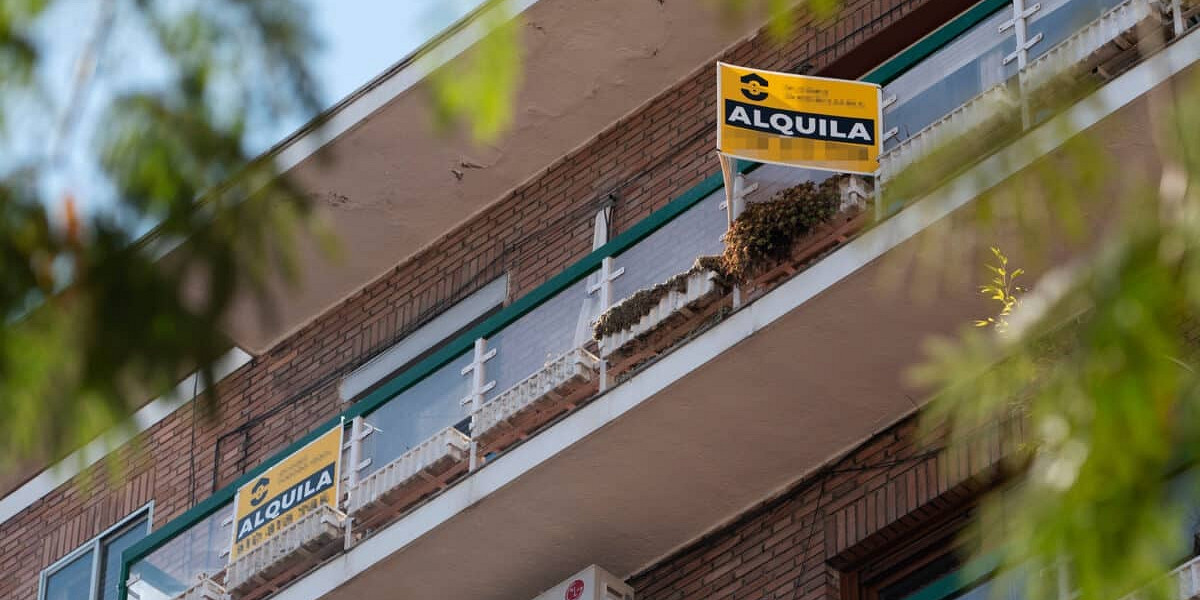The room rental market in Barcelona is experiencing a real boom, growing by 30% amid a municipal crackdown on tourist apartments. The reason is clear: housing prices remain sky-high. Between demographic pressure, a lack of new construction, high taxes, slow permit granting, and restrictive planning regulations, affording a full apartment has become almost impossible for many.
This has boosted room rentals as a real alternative. According to Idealista, between April and June 2025, the supply of rooms in Barcelona increased by 24% and prices by 5%. Currently, renting a room in a provincial capital costs an average of €420 per month, and in just three years, the supply has doubled.
In 18 provincial capitals, supply has grown above average, with Barcelona leading the ranking (+30%) and Girona following closely behind (+28%). Regarding prices, although 23 capital cities have seen increases greater than 5%, none of the Catalan cities are on that list. Tarragona recorded an increase of 4%, Lleida 3%, Girona 2%, and Barcelona barely 1%.
In other cities, the growth in supply is even more pronounced. Ciudad Real (+88%), Santa Cruz de Tenerife (+76%), Palma de Mallorca (+71%), and Valencia (+70%) top the list, likely due to the combination of tourism, university presence, and the arrival of professionals from other areas. Madrid, meanwhile, remains at an increase of 19%.
Regarding price trends, Zamora (+18%), Segovia (+16%), and Burgos (+15%) stand out, all in Castile and León. On the other hand, Castellón (-3%), Cáceres (-4%), and Palma de Mallorca (-10%) are seeing prices fall, possibly due to an oversupply or the departure of students at the end of the academic year.
In short, room rentals are consolidating as an increasingly relevant alternative in major cities, especially in Barcelona, where the pressure on the residential market shows no signs of easing in the short term.

